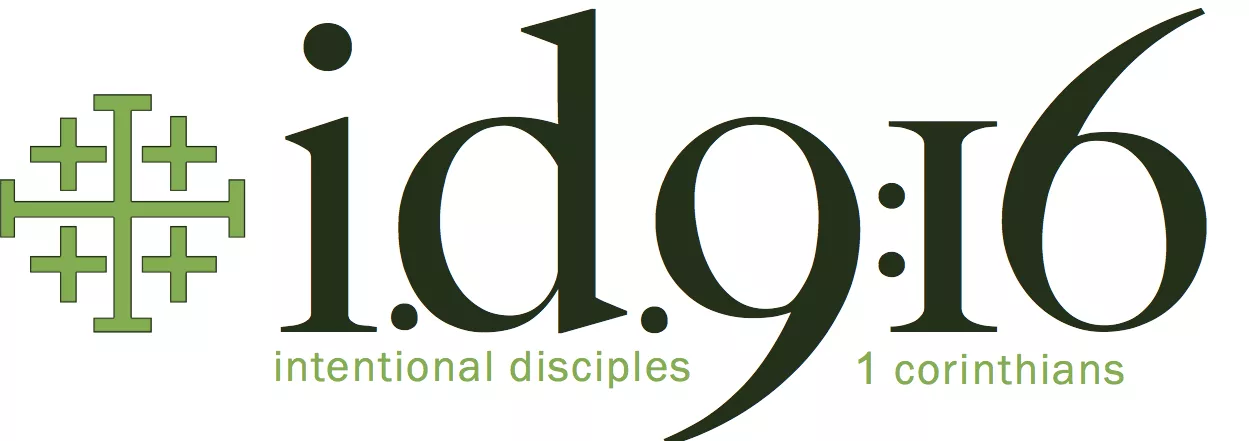Disclaimer: These are obviously deep waters to dive into with one blog post. I do not pretend to present an exhaustive display on the subject or the wisdom spoken about it for thousands of years.
There are fundamental questions that whisper in the background of our daily affairs and dance like light off of water in the cave of our hearts. They are so obvious no one notices them. They are questions of deepest identity. They are questions that are always there and always need answering. They are part of what it means to be human. And, more to the point, they are part of what it means to be a man or a woman. These are questions (that rise up out of our very femininity and masculinity) whose answers define how we live as a man or a woman to a great degree.
A man questions: “Do I have what it takes?” and a woman asks: “Am I enough?” Like men and women themselves, they are very similar but very different questions – two sides of the same coin and two motions of the same wave.
A man is preoccupied more by what he does: “Is what I am doing/fighting for counting for something. Do I have the goods to sow the seed: to generate something good, something worthwhile, something living? Do I have what it takes to come into a situation and initiate life by giving of myself?”
A woman is preoccupied more by what she is. “Am I good enough, beautiful enough, worthwhile enough, receptive enough, enticing enough for someone to give of himself to me and can I foster life out of that self-gift?”
The parallel to the act of sexual intercourse is obvious, solidly appropriate and really awesome. If the Theology of the Body teaches us anything it’s that we are thoroughly holistic: our bodies both reveal and are caught up in the realities of our spiritual capacities. What you see reveals what you can’t see. Thus, sexual intercourse reveals (as a physical manifestation) the more veiled dynamics of our sexuality (that is, of masculinity and femininity) in general.
So these are good, life-defining questions – not to be passed over. They are questions of our deepest identity. When they are answered in the affirmative, we ripple and shiver all through our body with a grinning, breathless gladness. But, when they are answered in the negative, we cannot survive. We cannot stare into the void and not know who we are. We grope and claw in exasperation (all our lives, if we have to) for an answer that at least sounds like an affirmation.
This is why a young man will start to do bad things if he thinks that is all he is good at: “Maybe I’m only good at bad things, but at least I’m ‘good’ at that,” he’ll say. And why a young woman will try to find love ‘in all the wrong places,’ because at least there, for a brief moment she might hear someone say to her, “You are beautiful to me.”
This reveals something else that is actually very good. As the two partners in The Great Dance, masculinity and femininity are so intertwined and complementary that we look to each other to find answers to these big questions: man to woman and woman to man. A man often looks for the answer to, “Do I have what it takes?” in the loving affirmation of a woman. Likewise, a woman often looks for the answer to, “Am I enough?” in the loving affirmation of a man. This is part of God’s plan and it seems unhealthy to run from it.
But, it can be overdone and too great an importance can be given to the answering of the opposite sex (resulting in all kinds of bad fallout.) And this is because these questions of our deepest identity can’t ever find their true, everlasting, once-and-for-all answer from each other. ‘Questioning beings’ can’t adequately answer other ‘questioning beings.’ A brother can only answer her sister’s questions so much; then they must go to their Father.
In the end, nothing but our Father can assuredly affirm these questions in the depths of our oceans. Only He can reach that far. When the Father answers these questions, then each man and woman rejoices in peace: he knowing that he is a man and she knowing that she is a woman, and each a son or daughter of the Father. These are two refractions of the main human question: “Am I loved?” which means the same thing as “Am I good?” And it is this question that finds its answer only in He who can for all time tell us, “I love you – you are very, very good!”
Brothers and sisters, these are the questions living in the soil of our deepest identity. Bring them to the Father, through Jesus, in the power of the Holy Spirit. Let Him tell you who you are.
Joey McCoy
Latest posts by Joey McCoy (see all)
- The Way Straight Up The Mountain (Part II) - March 14, 2016
- The Way Straight Up The Mountain (Part I) - March 9, 2016
- The Center of Evangelization (Part II) - March 1, 2016

